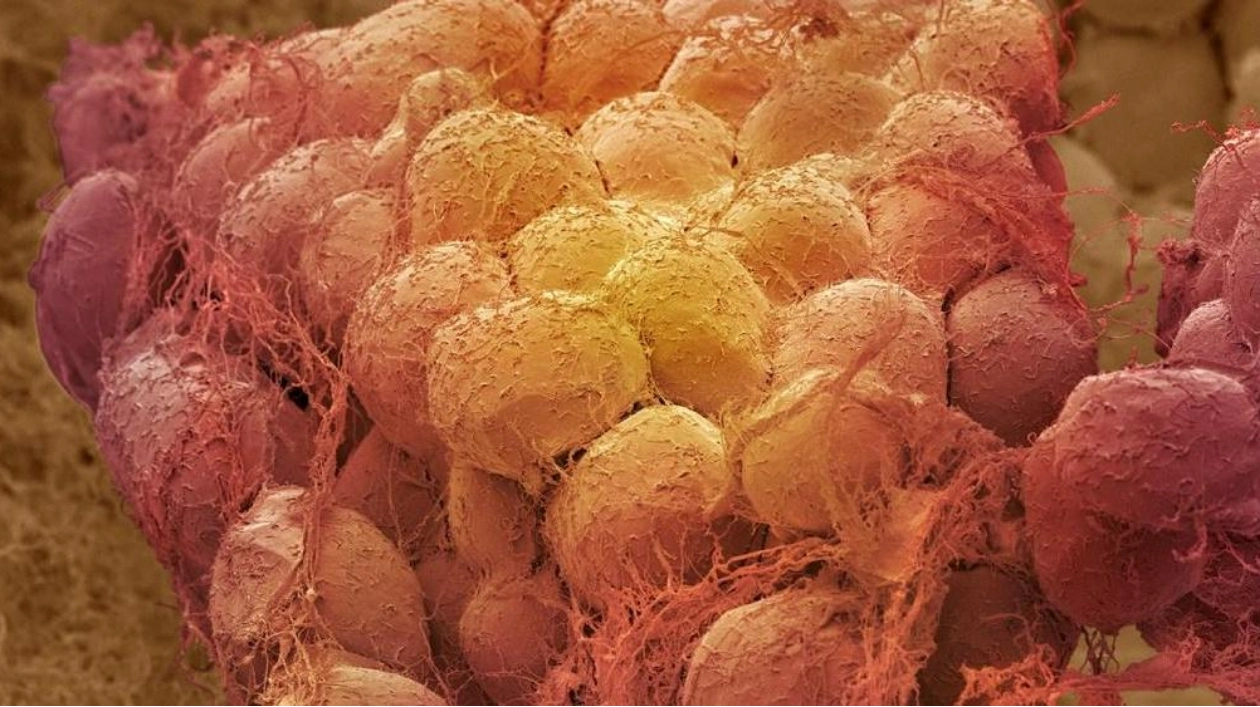Fat tissue may retain weight-related memories. For individuals living with obesity, shedding pounds can lower the risk of health issues like type 2 diabetes or cardiovascular disease. However, losing weight and maintaining that loss is challenging, and the reasons behind this struggle are not fully understood. A recent study involving mice and human cells indicates that genetic changes, which can persist even after weight loss, may partly explain this difficulty.
Chemical markers on DNA, known as epigenetics, act as genetic switchboards, determining which genes are activated or deactivated. In fat tissue, the status of certain genes and these markers appears to create a cellular 'memory' of obesity, according to research published on November 18 in Nature. This memory might suppress metabolism and accelerate nutrient intake, making sustained weight loss difficult.
The study suggests a potential explanation for the 'yo-yo' weight cycle, where individuals repeatedly lose and regain weight. Ferdinand von Meyenn, an epigeneticist at ETH Zurich, questions how to improve this cycle. 'How can we change that? Because otherwise, these genetic changes will persist, making it hard for people to overcome,' he says.
Von Meyenn and his team compared adipose tissue from individuals with and without obesity. They found that genes related to metabolism were less active in tissue from obese individuals, even after they lost weight. Experiments in mice revealed similar results, with some genes involved in metabolism remaining inactive in formerly obese animals. Many of these genes were linked to epigenetic changes that could influence DNA activation or deactivation.
Additionally, fat cells from formerly obese mice absorbed nutrients much faster than those from lean mice. After losing weight, mice with a 'memory' of obesity were quicker to regain weight. While weight loss can enhance metabolic health, the persistent epigenetic changes suggest that for some, maintaining weight loss is a constant challenge.
People taking weight loss and diabetes medications like Ozempic may also regain weight if they stop treatment, indicating that these drugs do not address the underlying genetic changes. However, future treatments combining different drugs might potentially erase the 'memories' in fat cells.
Source link: https://www.sciencenews.org






